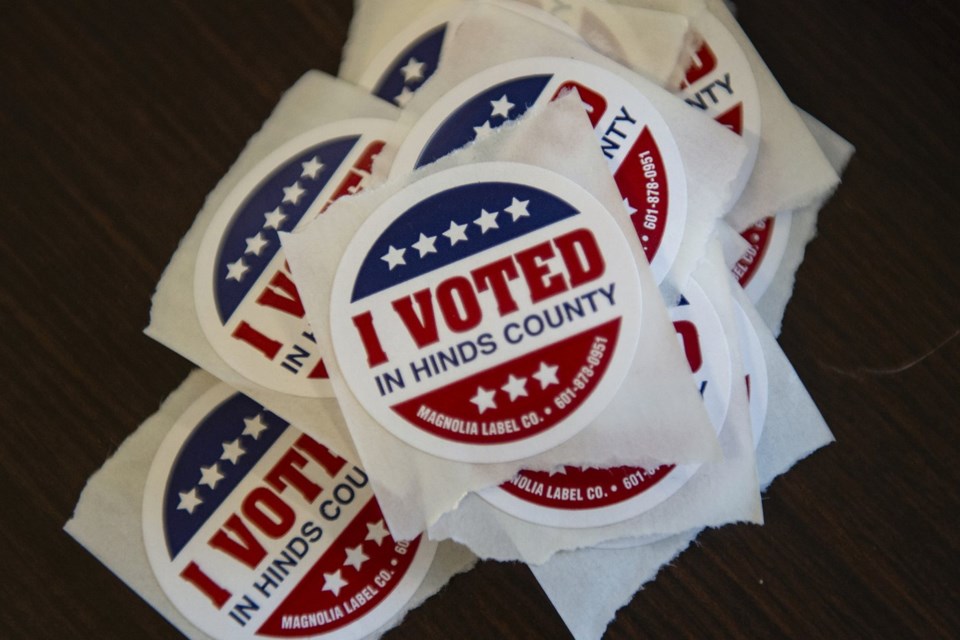JACKSON, Miss. (AP) â A conservative federal court said Mississippi cannot count mail-in ballots that arrive shortly after , however Friday's decision was not expected to affect the Nov. 5 election.
Although the appellate judges firmly asserted that counting late ballots violates federal law, even if those ballots are postmarked by Election Day, the judges stopped short of an order immediately blocking Mississippi from continuing the practice. Their ruling noted federal court precedents have discouraged court actions that change established procedures shortly before an election.
The outcome may be negligible in most elections in heavily Republican Mississippi, but the case could affect voting in swing states if the Supreme Court ultimately issues a ruling.
The three-judge panel of the 5th U.S. Circuit Court of Appeals reversed a July decision by U.S. District Judge Louis Guirola Jr., who had by the Republican National Committee, the Libertarian Party of Mississippi and others. The appeals court order sent the case back to Guirola for further action.
The appeals court said its ruling Friday would not be returned to a lower court until seven days after the deadline for appealing their decision has passed â which is usually at least 14 days. That would put the effect of the ruling well past Nov. 5.
UCLA law professor Richard Hasen wrote on his election law blog that the appeals court ruling was a âbonkers opinionâ and noted that âevery other court to face these cases has rejected this argument.â
Republicans filed challenging various aspects of vote-casting after being chastised repeatedly by judges in 2020 for bringing complaints about how the election was run only after votes were tallied.
Republican National Committee Chairman Michael Whatley praised the ruling for upholding âcommonsense ballot safeguardsâ and said voters deserve âa transparent election which ends on November 5th.â
A spokesperson for the Democratic National Committee did not immediately comment on the ruling.
Mississippi is one of several states with laws allowing mailed ballots to be counted if they are postmarked by Election Day, according to the . The list includes swing states such as Nevada and states such as Colorado, Oregon and Utah that rely heavily on mail voting.
In July, a federal judge . The Republican National Committee is asking the 9th Circuit Court of Appeals to revive that case.
Guirola wrote that Mississippiâs law does not conflict with federal election laws. The suit challenging the Mississippi law argued that the state improperly extends the federal election and that, as a result, âtimely, valid ballots are diluted by untimely, invalid ballots.â
Guirola disagreed, writing in July that âno âfinal selectionâ is made after the federal election day under Mississippiâs law. All that occurs after election day is the delivery and counting of ballots cast on or before election day.â
Although the Mississippi challenge was led by Republicans and Libertarians, there is bipartisan support for the Mississippi practice. Mississippi Attorney General Lynn Fitch is defending the stateâs top election official. Secretary of State Michael Watson a defendant in the case. Both are Republicans.
Watson said in a statement Friday that his office will âexplore all available legal options.â
The members of the appellate panel that reversed Guirola were judges James Ho, Stuart Kyle Duncan and Andrew Oldham, all nominated to the 5th Circuit by former President Donald Trump.
____
McGill reported from New Orleans. Associated Press reporter Mark Sherman contributed from Washington.
Emily Wagster Pettus And Kevin Mcgill, The Associated Press


